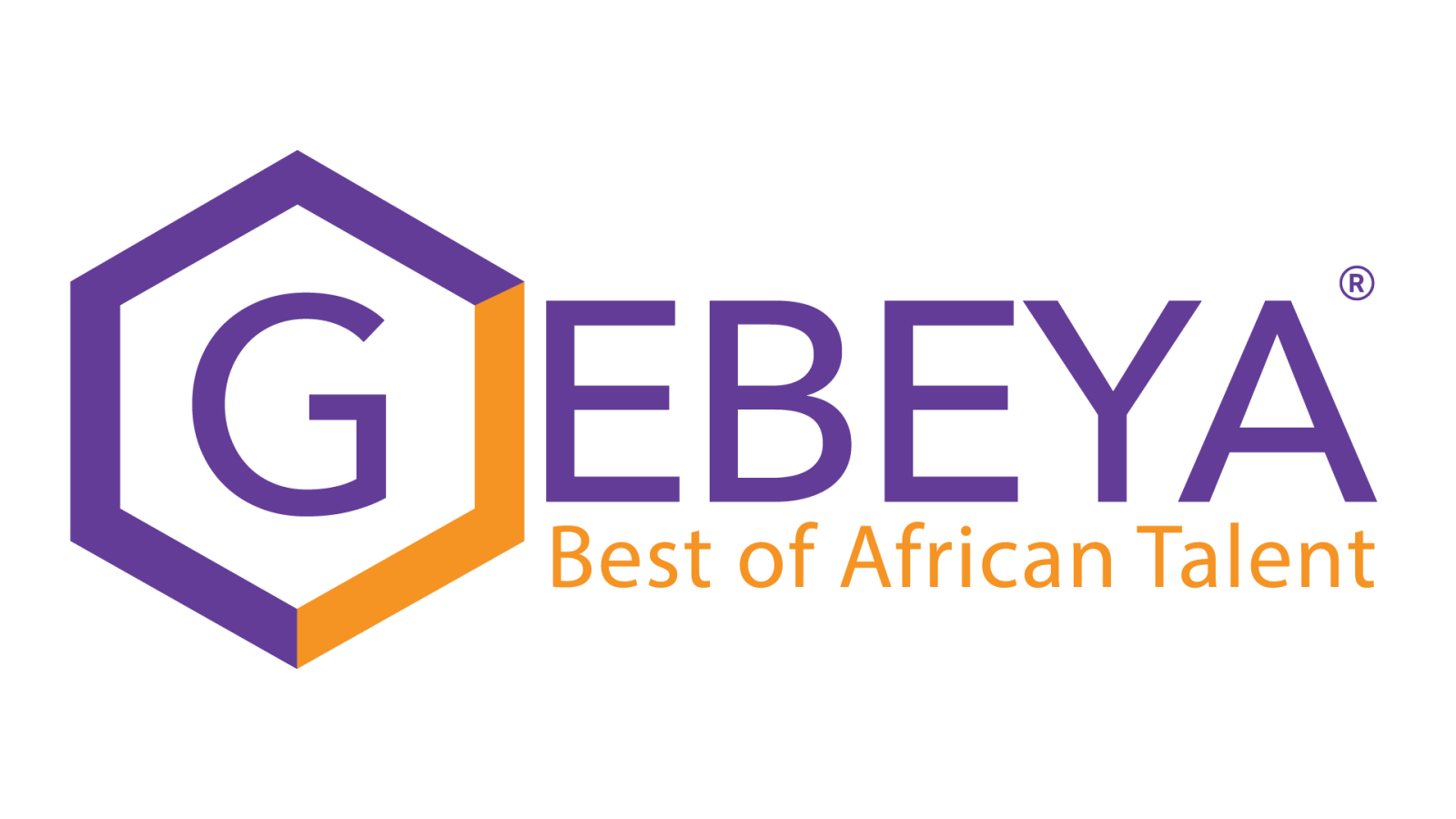Following the invention of Mpesa in Kenya – the mobile money transfer technology, Africa has seen a relentless rise of innovative tech solutions. African software engineers and developers continue to demonstrate technical and professional advancement by converting societal needs into revolutionary concepts that are transforming Africa and the world. Other inventions such as E-voucher – an electronic voucher that enables Zimbabweans, cash-strapped small-scale farmers, to access agricultural inputs, helped 4100 farmers gain access to USD 160 to buy farm equipment and agricultural inputs during its pilot program. This helped to re-establish agro-dealer networks and ensured a reliable supply of quality inputs across the country during Zimbabwe’s long economic recession. Mi-Sika is another revolutionary platform that was developed by Gebeya’s IT experts. It is an international money remittance platform used by the Ghanaian diaspora in the USA and EU to send money back home. These inventions are among the many solutions that have propelled Africa onto the map as a hub for innovation.
Despite the milestones achieved, Africa still records low iGDP compared to the rest of the world. This is largely attributed to the high digital skill gap in the continent and poor infrastructure. Currently, only one percent (1%) of African children leave schools with basic coding skills, yet, Africa’s population has been increasing at an average rate of 2.5% in the last five years. It is projected that the continent will have the largest working population by 2040 or even sooner. This therefore leads to a shortage of digital skills that are a key ingredient in the growth of this digital economy. Consequently, local companies are increasingly looking for the right digital skills to enable them to adapt and respond to the constant changes in technology trends. Unfortunately, the low IT literacy levels have made it difficult for companies to find local, qualified talent to fill these positions resulting in a stagnated growth or increased expenses due to outsourcing talent from developed countries.
Developed markets such as China, Europe and the USA record high iGDP compared to emerging markets with an estimated growth rate of 5% to 10% per annum outpacing traditional industry sectors such as energy and finance within their economies and other global markets. In China, internet-enabled digital economy accounted for 30.6 percent of its GDP and created 2.8 million new jobs in 2016. Behind this immense growth is an advanced infrastructure fully backed by the government support and a skilled IT labour force. The UK government earlier this year released their digital strategy on how to make Britain ‘a world-leading digital economy that works for everyone.’ The strategy outlined how to develop the requisite infrastructure, regulations and skills to make the UK the ideal place for digital businesses, new technology and advanced research. It is for this same reason that we have seen a series of progressive tech products, automated systems and revolutionary solutions i.e. robotics and augmented reality, emerging from developed markets. Their effort in developing digital talent and nurturing ideas has created winning concepts and disruptive business models such as UBER and Airbnb putting them ahead of the pack.
Regardless of how minimal, developing countries have also shown the growth potential within the ICT sector notwithstanding the numerous challenges hindering development. Ethiopia, for example, has its fair share of challenges such as insufficient funding to develop infrastructure, high taxes on ICT goods/services and monopolization. Through the Ethiopian Telecommunications Agency (ETA), government executives have complete control over ICT policy and sector regulation. The private sector or the people are not well represented when overseeing development or addressing issues within the sector hence stagnating growth and discouraging innovation. To some extent, the problems facing the IT sector in Ethiopia can be echoed across Africa affecting the digital/Internet contribution to the GDP. Only through collaboration between government, business (local and international), labour and academia will we have the ability to change mindsets, implement policy and create an environment for knowledge sharing and execution. Ethiopia’s ICT Development Index went up to 1.51 in 2016 up from 1.29 in 2015 and has a current population of 99.39 million people. This is an attractive market for investment and with the right inclusive strategy and supports the Ethiopian digital economy has the potential of attracting foreign investments, creating new job opportunities and generating more revenue.
Unfortunately, lack of sufficient digital talent is still a current threat to economic growth in the continent. Governments across Africa should also change the traditional education system and prioritise ICT skills as part of their nations education plan. This will increase the levels of digital literacy and transform the continent into a technology powerhouse meeting the current and future demands of the digital economy. All hope is not lost for Africa, at least not yet. According to GSMA, more than 314 tech hubs in Africa are spread across 93 cities in 42 countries. The hubs are centralized in 5 major African countries; Egypt, South Africa, Kenya, Nigeria and Morocco and it is not a surprise that these regions are the lions of innovation and technological advancement in Africa. The concept has proven to work and can be reciprocated across the continent to nurture software development and innovation. We already have several African start-ups that are on the verge of attaining the global distinction of being “unicorns” with a $1 billion valuation mark. Innovators and technopreneurs too play an integral part in the digital economy, easy access to funding and professional support should be available for all to increase the success rate of African tech startups and increase Africa’s competitiveness in the global economy.

Access Africa's Best Talent


